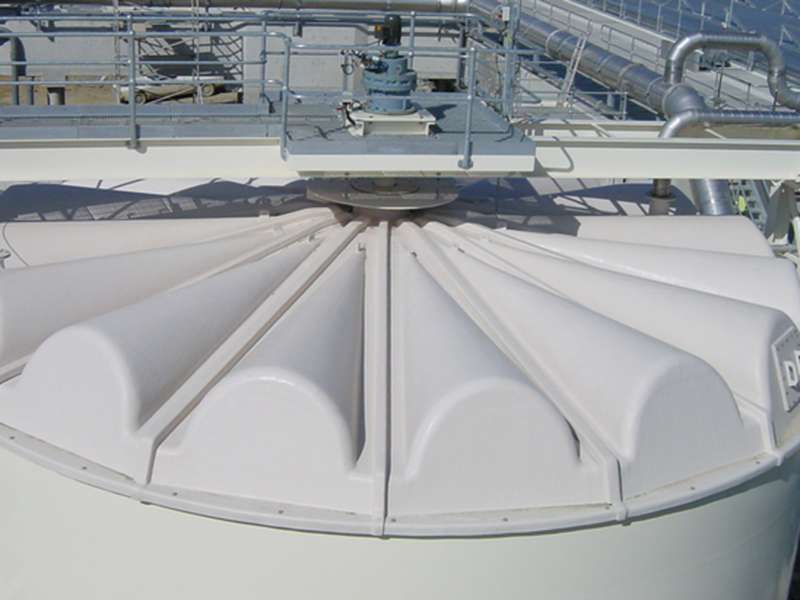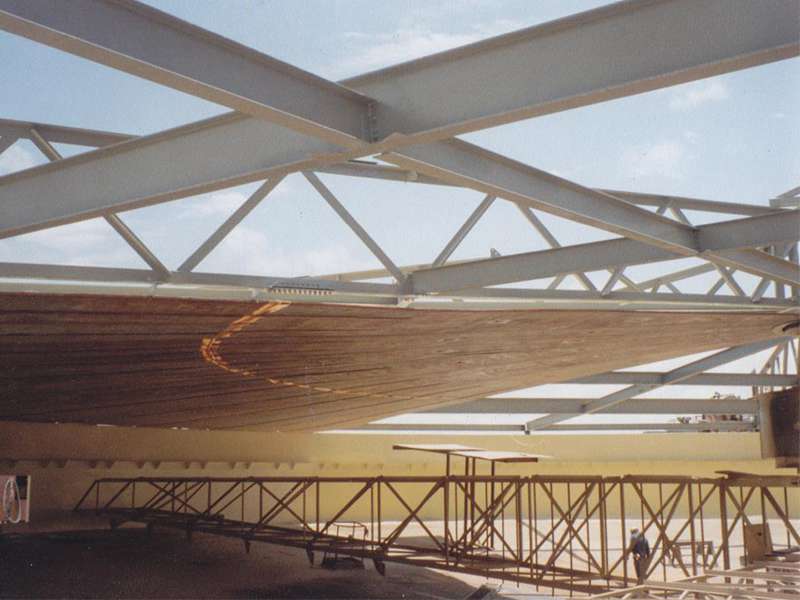Covers That Last—Waterproof, UV-Safe, Custom-Fit—Order?
Covers is a key solution in the manufacturing industry, specifically within Textile and apparel industry and Manufacturing of other textile products. This article explores how No. 1289, Yingbin South Street, Jizhou District, Hengshui, Hebei, China supports professionals with durable, high-performance products, and explains why this product is an ideal choice for businesses in these sectors.



Table of Contents
- Covers Overview
- Benefits & Use Cases of Covers in Manufacturing of other textile products
- Cost, Maintenance & User Experience
- Sustainability & Market Trends in manufacturing
- Conclusion on Covers from No. 1289, Yingbin South Street, Jizhou District, Hengshui, Hebei, China
Covers Overview
Covers in textile manufacturing typically refer to manhole covers, trench covers, cable-duct covers, and equipment protection lids engineered to protect people, utilities, and critical processes. Modern composite (FRP/GRP) covers are engineered with glass-fiber reinforcement and high-performance resin systems to deliver strength, chemical resistance, and low weight. This makes them ideal for environments exposed to dyes, salts, alkalis, and process chemicals common in dyeing, finishing, and wastewater treatment operations.
Technical options often include load classes equivalent to EN 124 (e.g., A15–D400), anti-slip surfaces, UV-stabilizers, fire-retardant formulations, non-conductive properties, and locking/hinge mechanisms for safety. Custom dimensions, gasketed designs for odor control, and branding are frequently specified by B2B buyers. As a reliable manufacturer, No. 1289, Yingbin South Street, Jizhou District, Hengshui, Hebei, China provides covers that align with the rigorous demands of textile facilities—combining durability with easy installation to reduce downtime in busy plants. For more details on specifications and customization, visit the dedicated product page for Covers.
Benefits & Use Cases of Covers in Manufacturing of other textile products
Within the Manufacturing of other textile products, composite covers serve multiple critical functions. Typical use cases include trench covers along process lines, manhole covers for plant drainage and ETP/WWTP areas, cable-duct covers in weaving and spinning halls, and protective covers for pump pits and chemical dosing stations. Their corrosion resistance ensures long life despite contact with dye baths, pretreatment chemicals, and cleaning agents.
Key advantages include lightweight handling (reducing lifting equipment needs), non-sparking and non-conductive performance for safer operations, slip-resistant surfaces for worker safety, and sealed designs that control odors and aerosols. Custom-molded covers can be produced to fit legacy infrastructure, with options like hinges, locks, and inspection openings that streamline maintenance. No. 1289, Yingbin South Street, Jizhou District, Hengshui, Hebei, China brings deep sector expertise—supporting plant engineers and procurement teams with precise sizing, load verification, and material selection to meet the operational and compliance requirements unique to textile environments.
Cost, Maintenance & User Experience
For B2B decision makers, total cost of ownership is critical. Composite Covers typically provide a favorable lifecycle profile compared to metal alternatives: they resist corrosion and do not require periodic repainting, have no scrap value (mitigating theft), and are lighter, which reduces installation labor and accelerates shutdown/turnaround work. Over time, these factors can translate into measurable savings on maintenance budgets and minimized production disruption.
Maintenance is straightforward—visual inspection, occasional cleaning, and gasket checks where odor control is required. Users in textile finishing and dyeing facilities report smoother handling, lower injury risk due to anti-slip surfaces, and faster access during inspections thanks to integrated hinges and gas-spring options. With service life often planned for long-term plant use, many buyers see ROI through reduced replacement cycles, improved safety KPIs, and fewer unplanned interventions.
Sustainability & Market Trends in manufacturing
Sustainability pressures—from wastewater regulations to workplace safety standards—are reshaping infrastructure choices across the textile value chain. Covers that offer long service life reduce replacement frequency, cutting material consumption and waste. Composite systems can be specified with low-VOC resin options and UV-stabilized, fire-retardant formulations to support EHS objectives while maintaining performance under harsh conditions.
Market trends show growing adoption of composite Covers in ETP upgrades, odor containment initiatives, and plant modernization projects. B2B buyers increasingly request features that enable better environmental control (e.g., gasketed sealing) and readiness for digital monitoring (inspection ports, ID tagging). No. 1289, Yingbin South Street, Jizhou District, Hengshui, Hebei, China positions its solutions to meet these expectations—prioritizing durability, safety, and efficiency to help textile manufacturers align with evolving standards and corporate sustainability goals.
Conclusion on Covers from No. 1289, Yingbin South Street, Jizhou District, Hengshui, Hebei, China
In textile and apparel manufacturing—and especially in the Manufacturing of other textile products—Covers that combine strength, chemical resistance, and safety can significantly improve plant reliability and lifecycle economics. By delivering customizable, durable composite designs, No. 1289, Yingbin South Street, Jizhou District, Hengshui, Hebei, China stands out as a dependable partner for modernization and maintenance projects.
Ready to specify Covers for your facility? Contact us: email: sales@jrain-frp.com. Visit our website: https://www.jrain-frp.com. Explore product options and request a quote at https://www.jrain-frp.com/covers.html.
Latest news
-
Drill Rod Connections Understanding the Basics and Its Global SignificanceNewsNov.24,2025
-
Rectangular Tank Made of Fiberglass Material – Durable, Cost-Effective Liquid Storage SolutionsNewsNov.24,2025
-
Hollow Drill Rods for Efficient Drilling Operations in the Field | Durable, Lightweight & CustomNewsNov.23,2025
-
Powerful yt27 Rock Drill for Tough Mining Surfaces | Durable & PortableNewsNov.23,2025
-
Why the Reversible Drill Bit Is a Versatile Tool for All Your Drilling NeedsNewsNov.22,2025
-
Fiberglass Food Grade Equipment: Key Features, Benefits & Global ImpactNewsNov.22,2025











